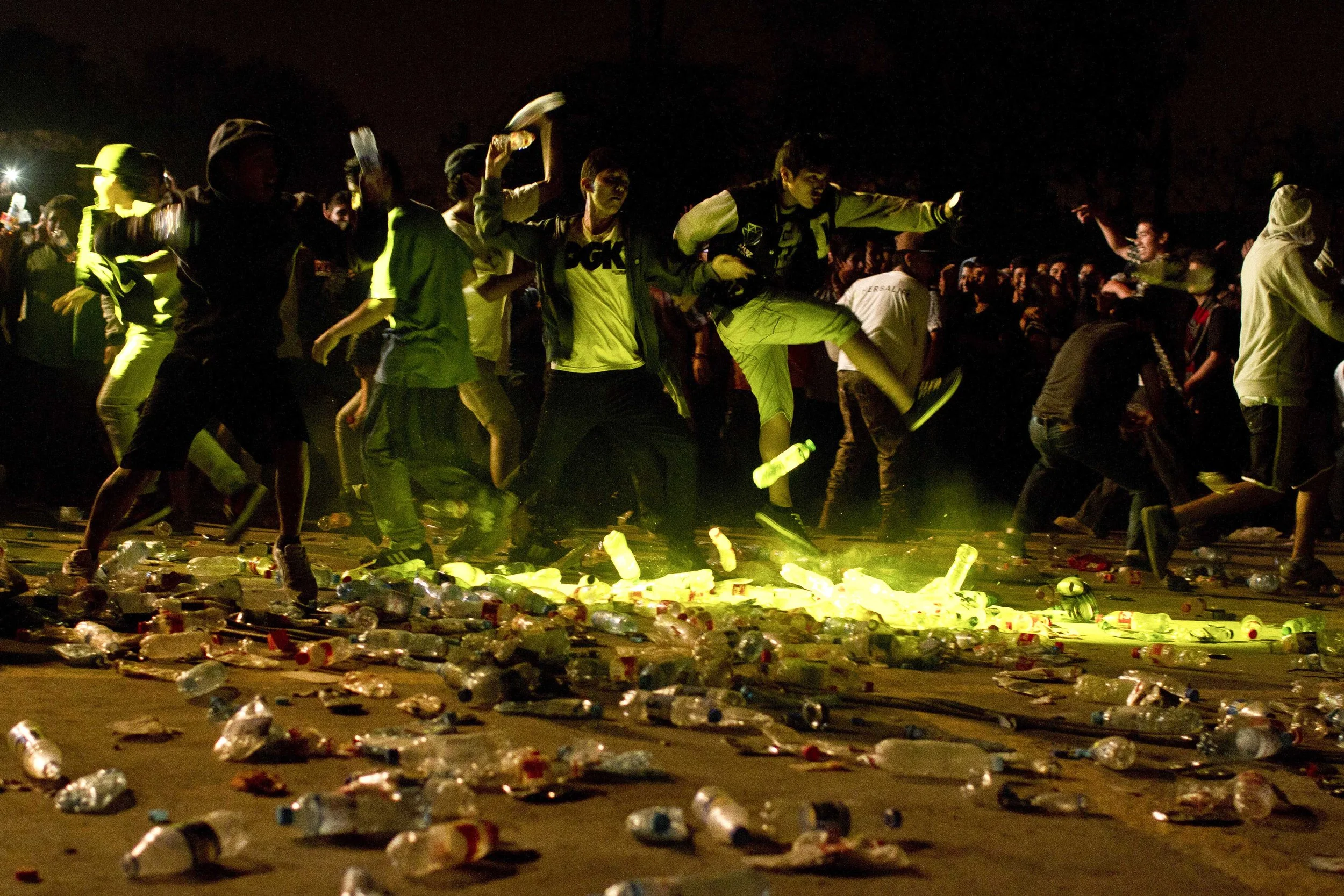Hanpiq Rimay
Victor Zea | Peru
Quechua is the most widely spoken ancestral language in Peru. Discrimination against ancient cultures has been one of the factors that makes it difficult for younger generations to learn this language of their ancestors. I consider myself part of the generation who didn't learn the language from their parents.
In hip-hop culture, the ancient language finds a means of free expression. Young rappers emerge with the intention of reevaluating and asserting their identity and ancestral customs through the Quechua language, creating a message of protest and resistance.
A Quechua phrase that translates to “healer, speak,” “speaking heals,” and “speech that heals,” Hanpiq Rimay represents a collaborative process of using hip-hop and audio-visual tools to express ourselves via the Quechua language and culture. A sum of individual and collective experiences of mutual learning in both urban and rural contexts, this project allows us to connect with our ancestors, our family and embrace our Andean identity. It allows us to freely express our doubts, fears, personal and community goals. It is a project based on reconciliation with our roots that have been highly discriminated against for so long until today.
“Changing the world is done in small gestures, small steps. This process helped me change my world first, my way of thinking. Then in the collective. We have the opportunity to create a space where the Quechua language is free to express itself and seeks new ways of communicating, in this case hip-hop. Little by little, with respect and honesty, we will take bigger steps. And if it is not with Hanpiq Rimay, there will be other processes generated by each individual. We are like seeds that seek to flourish.”
Through a collaborative process with a collective of artists, we are working towards the development of our first EP album and accompanying multimedia video art piece in both Quechua and Spanish.









